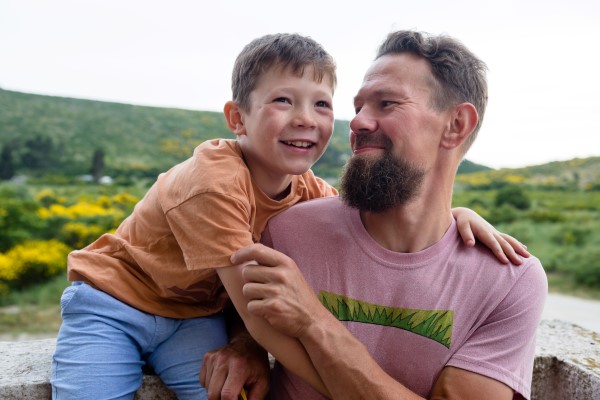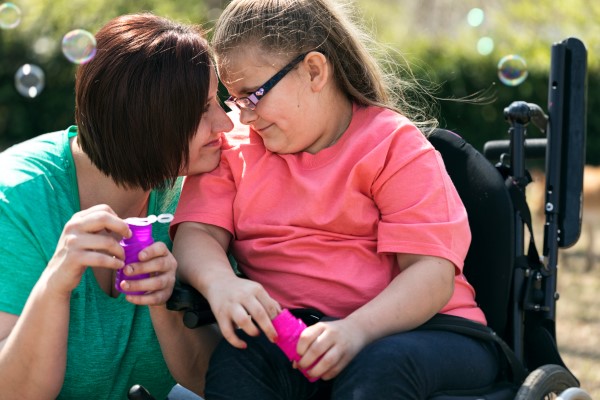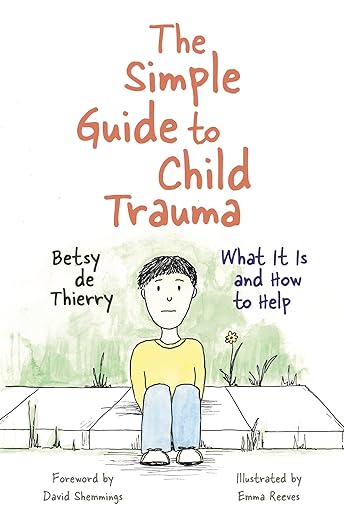We’re excited to announce the launch of our brand new Fostering South West monthly newsletter
This monthly update aims to provide you with even more information around fostering for your local council in the south west and the amazing difference foster care can make to a young person’s life.
You’ll find out the latest Fostering South West news, as well as updates from our local council partners.
So no matter where you are in your fostering journey, we hope you enjoy hearing more. Don’t forget, we’re here for you whenever you feel ready to take the next step, or, if you just want some questions answered.

Why do we need more local council foster carers?
The number of children entering our care system is rising across the South West. At the same time, fewer people are choosing to become foster carers. As of 2023, over 100,000 children are part of the care system in the UK, and this number continues to rise each year.
Let’s dive into the statistics:
- Nearly 70,000 children live with over 53,000 foster families across the UK. This is nearly three-quarters of the 100,437 children in care, away from home on any one day in the UK.
- Around 38,000 more children come into care over the course of 12 months, that is one child every 15 minutes who could need a foster family.
- Thousands of new foster families are needed every year.
Hear from one of Dorset Council’s foster carers
Nikki has fostered with Dorset Council for five years. During this time, she has been a long-term foster carer to two sisters. They arrived with her at age nine and six and were immediately welcomed into her family.
She says, “When we were approached and asked if we’d offer a home to two sisters, we thought it completely made sense to welcome them both. The room we had put aside was the biggest in the house with two single beds and I liked the idea of keeping them together.
“When the girls arrived, they were adorable from day one. They are a constant source of comfort to one another. Having somebody else within the household that they already love and trust reduces anxiety for them. I would say it helps them to feel safe and less isolated from their family.
“The best thing about fostering so far has been seeing the girls blossom and come into their own. Seeing them develop their own style and interests has been wonderful to see.”


Monthly myth buster
Throughout the course of our newsletters, we want to give the spotlight to a common misconception in each edition. In this edition it is that foster carers must own their own home.
This is a common myth, the reality is quite different. Foster carers do not need to be homeowners. In fact, many successful foster families rent their homes. What matters most is the ability to provide a stable and nurturing environment for the child. Whether you own or rent, your commitment, empathy, and willingness to support a child in need are what truly count. So, if you’re considering becoming a foster carer, don’t let homeownership be a barrier—your heart and dedication matter most!
Beyond the initial chat, what happens next
This is what happens after the first conversation with a member of the Fostering South West team…
If you’re ready to proceed, then we will process your enquiry and pass your details to the relevant local council. They will then be in touch to potentially ask some follow up questions, or book an Initial Visit to come and visit you in your home. This visit gives you the opportunity to find out more about fostering, and ask any further questions you may have. If both you and your council are happy to proceed after the Initial Visit, you will need to complete an application.
But don’t forget, if you aren’t ready to progress to your local council, we’re here to support you until you feel ready.


Our recommended read
This is our regular recommendation of interesting books, articles, podcasts and shows related to foster care.
This month we are recommending “The simple guide to childood trauma”, by Betsy de Thierry.
This is a comprehensive resource that delves into the world of childhood trauma. It defines trauma, explores its impact on children emotionally and behaviourally, and equips caregivers and professionals with practical strategies to support recovery. Wherever you are in your fostering journey, this book is a fantastic resource providing essential insights for fostering resilience and healing in young lives.
Keep in touch with us
Don’t miss out on our fresh content across our new social media channels! Follow them via the buttons below.
